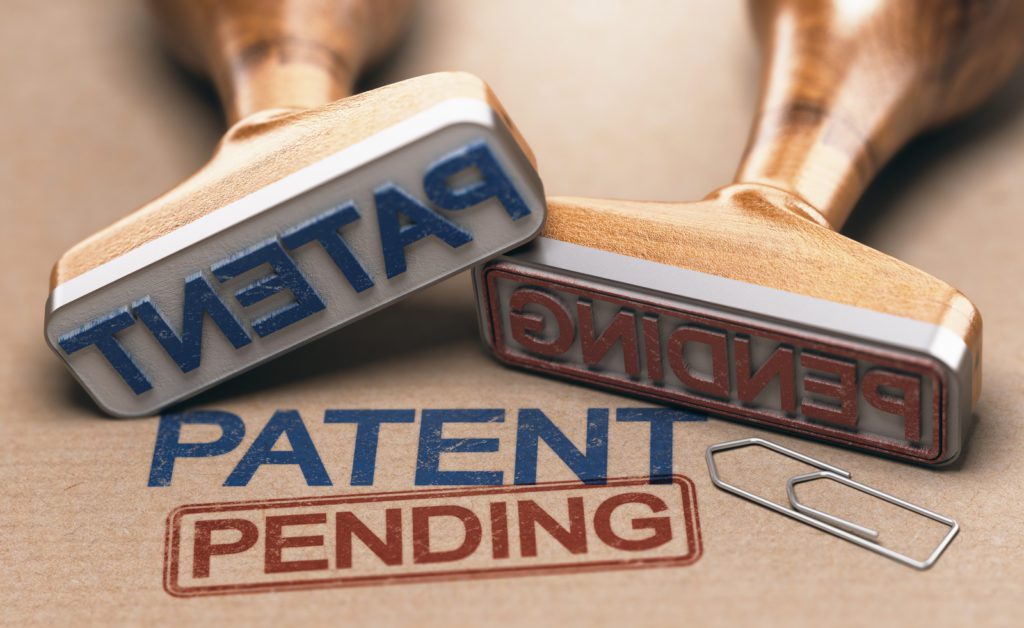Founder Friday: Patents – Do You Need One & When Should You File?

You have worked hard to develop something the likes have never been seen before. You are certain it is revolutionary and will be in great demand, and you want to protect your startup from having its innovation stolen/replicated. You are confident that what you need is to patent your invention.
So now what? We will always advise you to seek professional counsel from a patent attorney, but here is some helpful information to get you started…
Do you need a patent?
- First, you will need to determine if your idea is patentable. To do that, head directly to the United States Patent & Trademark Office. They have even included a step-by-step tutorial.
- You will also want to determine if your invention can be patented internationally. After all, you want to protect your intellectual property rights, and US patents have no effect in a foreign country.
- To be patentable, your invention must have a useful purpose, meet the legal definition of “novel,” cannot be something that anyone could invent, and must have patentable subject matter. For additional guidance, we recommend checking out the UpCounsel links in the Sources section.
- You will also want to understand if you would be best suited to file a utility, design, and/or plant patent. Each type carries specific costs and requirements.
- Patents are not free and can be costly. While provisional patents are not overly expensive, they only offer one year of protection. After that, your non-provisional patent application must be filed. The non-provisional patent application process is where costs start climbing quickly and can run from the tens of thousands to over $100k in total. So, you must ensure you have the money secured to see the application process.
When should you file for a patent?
- You must file within the first year of the first public disclosure, public use, or offer for sale, but filing before any of those events is best. Remember that in the US, first-to-file holds precedence.
- Also, know pitching investors is a form of public disclosure, so filing for a provisional patent is advised. Plus, it never hurts to be able to state that you are “patent pending.”
- Your invention must not be completed, nor do you have to have a working prototype to file for provisional patent protection. You will, however, need it to be completed to file for a non-provisional patent. Remember, your provisional patent only protects you for one year.

We hope this helps some pre-seed founders out there. And again, we advise consulting with a patent attorney for a complete understanding of patents and patent law.
Sources
- USPTO: Search for patents
- PATENTSCOPE: Simple Search (make sure to change the field to “Any Field”)
- USPTO: Protecting intellectual property rights (IPR) overseas
- UpCounsel: What Can Be Patented: Everything You Need to Know
- UpCounsel: Patentable Subject Matter: Everything You Need to Know
- Leavitt & Eldredge: How Much Does a Patent Cost? What You Need to Know Before Starting!
- Davis Wright Tremaine: When Should You File a First Patent Application?
- BITLAW: When Should A Patent Application Be Filed?
